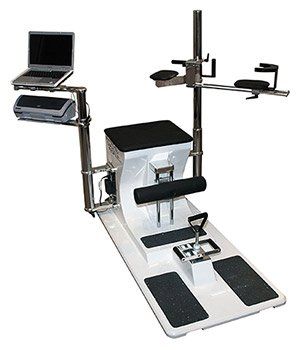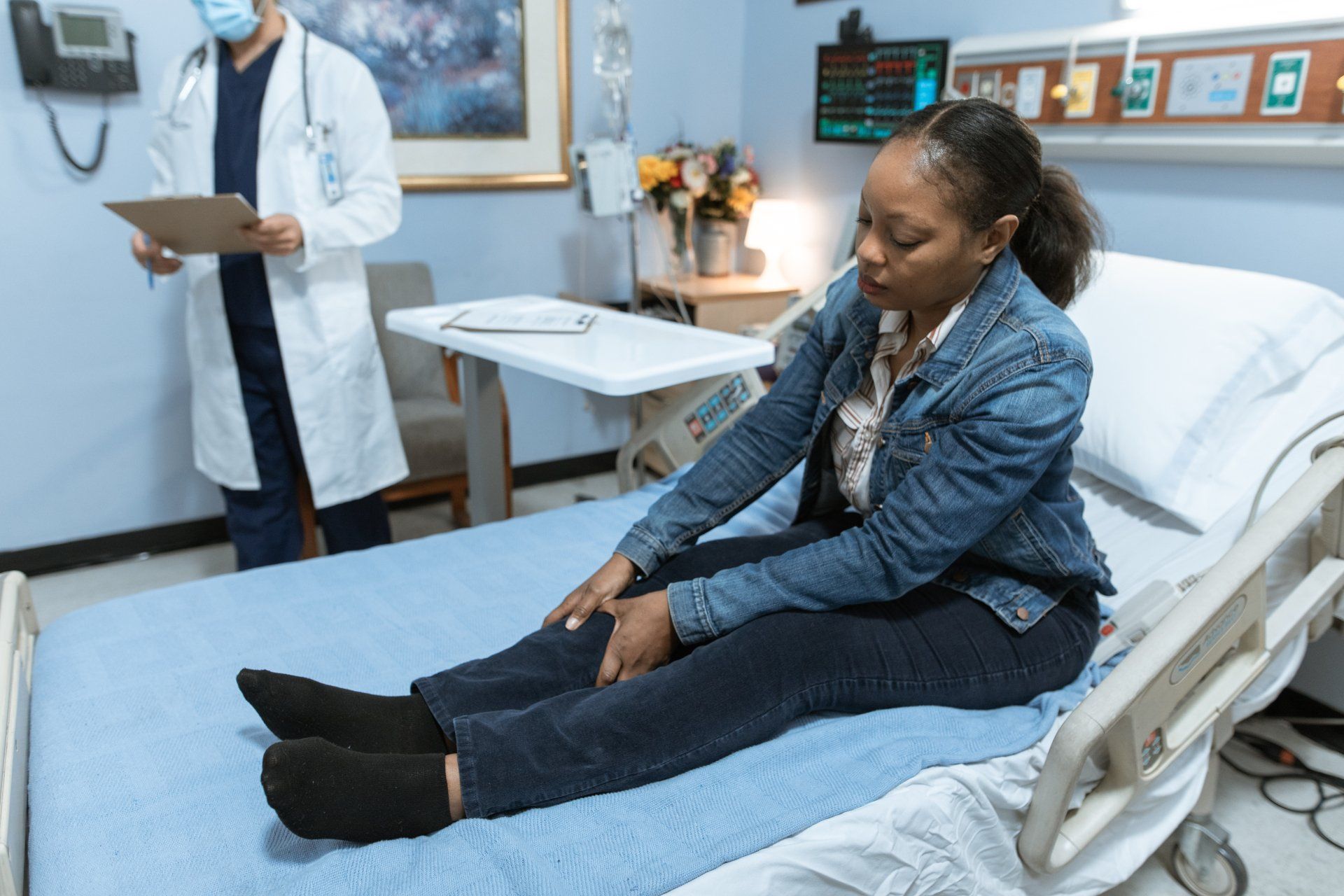Assured Occupational Solutions, McPherson KS, Hosts Educational Seminar for Employers
Featured in the McPherson Sentinal

Brace yourself: PCP testing and the workplace
By Cheyenne Derksen SchroederStaff Writer
What if you could predict a work injury?
Unfortunately, predicting injury is not an exact science, but special tests allow employers to determine which physical tasks employees can perform, which prevents potential injury.
The Physical Capacity Profile, or PCP, Testing System measures ability to perform 28 maximum-strength measurements in 30 minutes. The test is offered by Assured Occupational Solutions and the Operational Performance Corporation, Salina. OPC representatives gave a lecture on the testing program with AOS on Thursday.
“We believe the employee is the most valuable assets in your workplace. You need good quality employees who put in the time and have the capacity to do the job over the course of several years,” said Chris Curtis, business development manager for OPC. “You only have one body, so we want to make sure we keep it in good shape.”
How it works
What the PCP testing provides is objective results about a potential employee’s ability to perform a job. A test facilitator guides the employee through the objectives on a piece of equipments. Through computerized software, results from the tests are available in minutes to medical providers and the employers.
The information obtained uses the Department of Labor’s five classifications of work and the American Medical Association guidelines. The exam also qualifies for American Disabilities Act, Health Insurance Portability and Accountability Act and Equal Employment Opportunity Commission standards.
The work classifications divide jobs into five categories by the amount of force needed to push, pull, lift or move objects.
The lightest, sedentary work, involves exerting 10 pounds of force occasionally, while the highest, very heavy work, involves exerting over 100 pounds of force occasionally, 50 pounds frequently or 20 pounds constantly. Results from the PCP test show what classification of job an employee could perform.
“It’s not pass or fail like a drug screening — if someone scores at a lower level, you can offer them a different position if you have one available. Otherwise, you can rescind the offer,” Curtis said. “If they meet a higher level, you can move them up to a higher job.”
For employers, test results can assist employers in identifying physically demanding jobs and potentially reduce injury rates.
“We need to know the heaviest lift they’ll do and the most frequent task,” Curtis said. “You’d think we just test laborers, but some businesses figure out pretty quick that if your secretarial staff is lifting files or bottles of water often, that will bump you up a few categories, so we test everyone.”
Purpose
The PCP test seeks to answer three questions: Does a potential employee have the strength to do a job, do they have a preexisting condition that might hinder their ability, and when has an injured employee reached maximum medical improvement?
“When workers have done rehab and the doctor says they can come back, you can have them do a PCP when they return. What it does is it goes at a slower pace since they’re probably in pain, and it guards against potential malingers,” Curtis explained. “If they fail the PCP, you can put them in a light duty position, even if the physician says they’re fit to work. If they’ve been off work, they might have been resting and have lost some physical ability while out of the workplace.”
Using a consistent test like the PCP gives employers and medical providers a record of what an employee can do, both before and after an injury.
Issues are not completely eliminated, since injuries and worker’s compensation claims still happen, but PCP testing can lower the severity of injuries, Curtis explained.
“The cost spent on PCP testing is paid back in [worker’s compensation] savings,” Curtis said. “One dollar spent in testing brings $8 to $12 in worker’s compensation savings.”
For more information
Assured Occupational Solutions can perform PCP tests same-day or within the week. For more information, call 620-504-6614 or visit http://assuredoccu.com.
Contact Cheyenne Derksen Schroeder by email at cderksen@mcphersonsentinel.com or follow her on Twitter at @MacSentinel.










